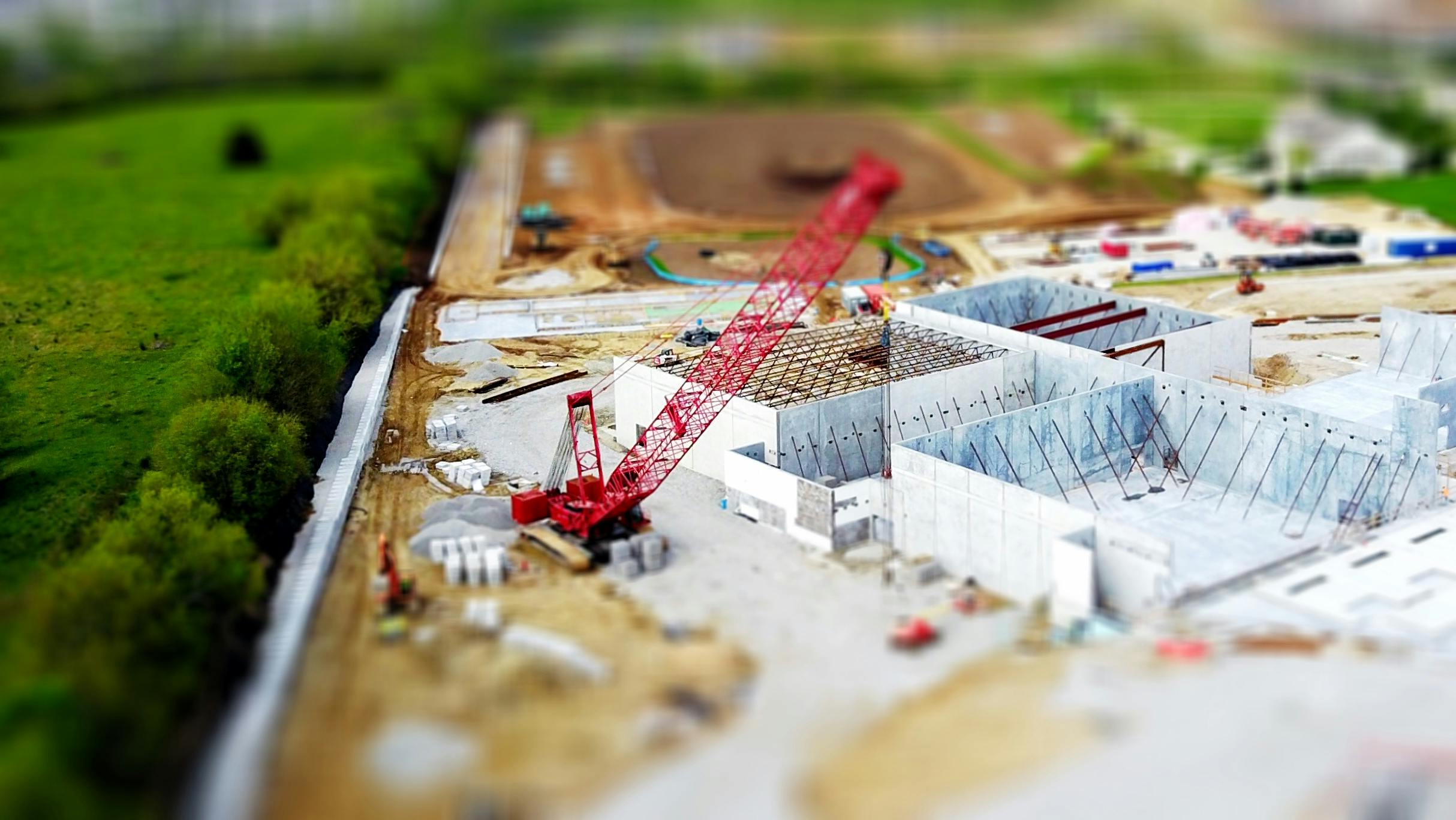Dear readers, welcome to our website and the inaugural blog post addressing various aspects of the real estate sector.
Our aim is to provide you with updates on the dynamics of the real estate market, including insights into its status in Montenegro, the broader region, and globally, along with factors influencing fluctuations in property prices. We'll explore real estate from architectural-construction, property-legal, and economic standpoints, as well as from the perspective of appraisal practices.
Let's kick things off with the "definitions".
What exactly is real estate?
REAL ESTATE
The law1 defines immovable property as: land (including agricultural, construction, forest, and other types), buildings (such as commercial, residential, mixed-use, industrial, and others), specific components of buildings (like apartments, office spaces, garages, and basements), other above-ground structures (including roads, power plants, railways, airports, factories, telecommunication installations, sports facilities, and more), and underground facilities (such as underground garages, reservoirs, pedestrian tunnels, shelters, subways, etc.).
[1]Law on State Survey and Real Estate Cadastre, Official Gazette of Montenegro, No. 29/2007 and Official Gazette of Montenegro, No. 32/2011, 40/2011 - other laws, 43/2015, 37/2017 and 17/2018

According to civil engineers , these are referred to as structures. A structure is a spatial, functional, constructive, architectural, aesthetic, technical, or biotechnical entity, with or without installations, machinery, and equipment integrated into it.
Architects approach real estate considering design, functionality, sustainability, and aesthetics. They strive to create spaces that fulfill users' needs while considering aesthetic, technical, and economic aspects.
In legal terms, real estate or immovable property constitutes a portion of an individual's or entity's tangible assets, which cannot be moved from one location to another. Owners of real estate hold rights and responsibilities concerning their property, and legal frameworks include laws and regulations governing real estate matters.
From an economic perspective , real estate plays a significant role in economic activities due to its impact on markets, investments, consumption, and other economic indicators.
HOW APPRAISERS VIEW REAL ESTATE
An appraiser would contemplate real estate considering each of the definitions provided. For an appraiser, real estate is a built structure (or land) with all its functional attributes, property-law characteristics, planning indicators, restrictions or advantages, and which possesses its market value.
After understanding the purpose of the assessment, the type of real estate, and its characteristics, the appraiser offers their opinion on the property's value as of a specific date. In this regard, they provide an opinion on value, not price, i.e., an exact figure. The value is always associated with the date of assessment. This date is crucial because the appraiser analyzes available (archival, empirical) data and forms an opinion on the value of the subject property. Until that date, there is evidence upon which they have formed their opinion, but there is no evidence on how values will change the day after the assessment. It is concluded that assessments can only be made on the "current day" or on a date from the past, while for the future, we may only rely on horoscopes, crystal balls, or other methods of predicting value.
The main principle in appraiser practice, something that is the ethical code of every appraiser, is their independence in conducting assessments. Thus, the appraiser often finds themselves between two clients, but fundamentally, their role is arbitration. Based on their abilities, professionalism, and ethical principles, they collaborate equally with both sides.
The appraiser is also there to advise the client on how to manage their real estate in the most economically beneficial manner.

VALUE OF REAL ESTATE
Real estate is a commodity with varying worth, as its value differs among individuals and situations. The following examples illustrate situations with indications of different values for the same real estate:
- Real estate A is listed on the open market for sale, commanding the highest justified value.
- Real estate A is listed on the market for urgent sale, falling within the range between the median and the lowest justified value.
- Real estate A is involved in a transaction between related parties without prior advertising or marketing, with the value practically determined during negotiations.
ADVICE FOR FUTURE BUYERS
When considering purchasing real estate, buyers have their own subjective preferences, primarily influenced by financial constraints, which we won't delve into.
Our recommendation is always to verify the fundamental ownership rights of the intended real estate purchase. Additionally, when acquiring an individual structure or a portion thereof (such as an apartment or space within a multi-unit building), it's crucial to confirm the legality of the property. Verifying the credibility of the developer is essential, whether purchasing property under construction or already completed.
Additionally, we would like to highlight some aspects to consider when deciding to purchase real estate.
APARTMENT/HOUSE
If you were drawn to the view from the terrace or window of your apartment/house during the purchase and anticipate enjoying it while savoring your morning coffee, ensure that this enjoyment is sustainable. It's possible that your view may be obstructed in the future by a significantly larger building planned to be constructed right in front of your terrace. While you can inquire with the developer, it's safest to verify with the relevant local government authority.

When purchasing an individual residential building (single-family residential building), bear in mind that such real estate comprises both the structure and the associated land. It's imperative to verify the legality of such a property. If considering buying an illegal structure, ascertain whether the law and current planning regulations allow for its legalization. Our earnest advice is to forego purchasing such a property if legalization isn't feasible. Equally crucial is checking with the competent local government authority whether reconstruction of the building (expansion or renovation) is permissible on the respective plot.
FOR COMMERCIAL PROPERTIES

When acquiring commercial buildings or business premises, it's advisable to assess the potential value such real estate can generate through rental income.
It's evident that the same recommendations for verifying the legality of a property or part of a property apply as for residential premises.
LAND

With land, there's an exception applicable not only to buyers but also to landowners. Specifically, for non-urbanized and even urbanized land, it's essential to verify whether there's a planning document and/or one is being prepared, outlining parameters provided by planning regulations for the zone where the land is situated. If a plan is in development, property owners can participate in public consultations. By participating, they can influence the plan by offering suggestions and opinions on the most suitable use aligned with the plan.
This way, unfavorable situations for the owner/future owner of real estate can be avoided, such as unfavorable planned purposes or construction capacities on the plot.
I ZA KRAJ…
Even though real estate doesn't physically move, it requires attention and care. Their potential can be assessed from various perspectives. Neglecting real estate can lead to significant physical and/or financial damage or simply result in its value remaining stagnant for several years. So, cherish your properties, and they will reciprocate your love.





